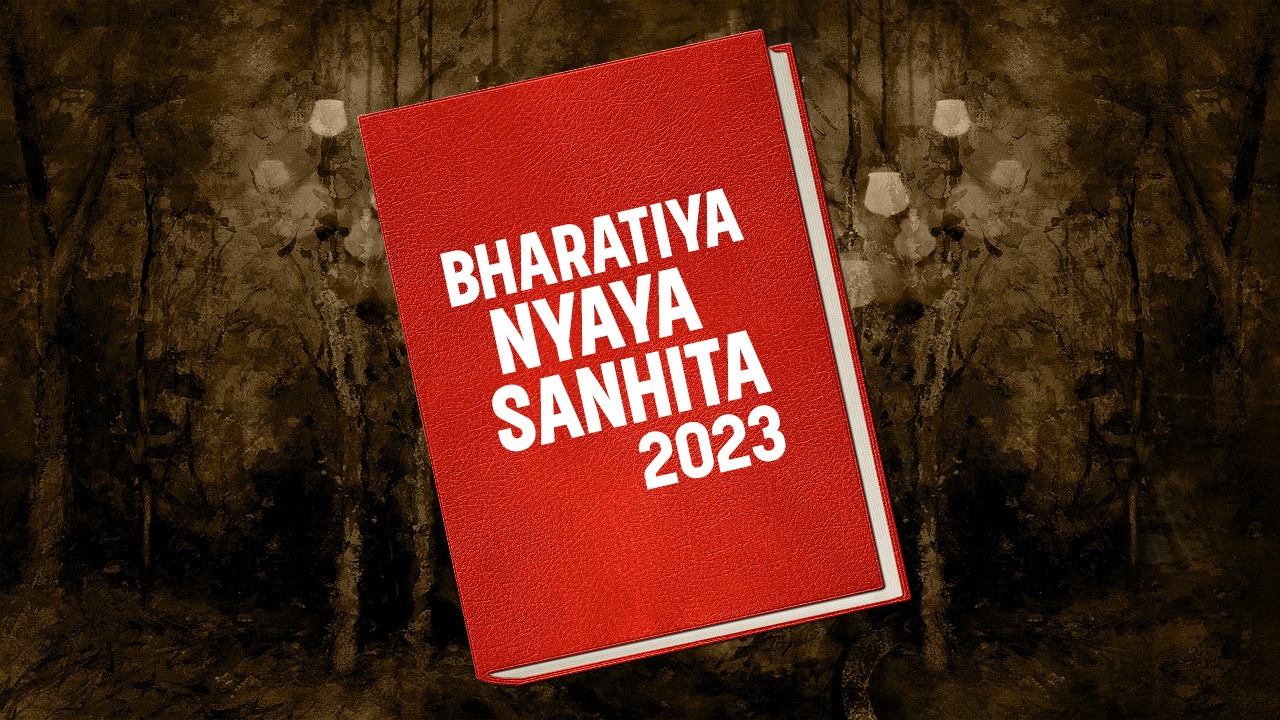- A thin line separates between what is logical, relevant, acceptable, and illogical, irrelevant, unacceptable on matters of freedom of expression, free speech, rights guaranteed in the Constitution, and voicing public opinions on sensitive issues. The moot point to ponder over here is what constitutes sensitive issues. The definition could be easier, but complicated by how our law enforcement agencies perceive the matter in their own ways, goaded by the political masters affiliated with party ideologies. Freedom of expression is one such aspect that is grossly misunderstood, leaving the people with no choice but to approach the judiciary when the law enforcement agencies thrust no less than a sedition charge against them.

PC: Hindustan Times
- Though several colonial-era laws have been repealed over the last few years, an anachronistic law like sedition continues to exist even as the police gleefully take umbrage under the same to pile on the misery of the entrepreneurial lot. Of course, no one questions when national security or sovereignty and matters of grave importance concerning the country are at stake. As responsible citizens, we are expected to exercise utmost caution and prudence while voicing opinions about the same. However, when the police act against someone like Professor Khan recently shown little logic, it raises several larger questions. Such cases are one amongst the many that have become increasingly regular in the last few years. And the judiciary has stepped in accordingly as well.

PC: The Quint
- The arrest of a Professor of Ashoka University raises several questions than providing answers for the speed with which the police acted. That the original complainants were a Haryana government appointee and a BJP sarpanch shouldn’t have made any difference to the local police’s response. But the Professor was taken into custody for a social media post that contrasted rightwing commentators’ praise for Colonel Quereshi with their stand on lynchings, arbitrary bulldozing. Agreed, let’s assume that some can disagree with him. Or that some may even hold the view that Khan’s argument was ill-timed. But can anyone seriously argue that Khan allegedly committed the following crimes? Let’s dwelve into it.

PC: Live Law
- Look at the alleged crimes. Sow communal divisions, endanger India’s sovereignty and unity, and insulting the modesty of women? Yet these were the crimes Haryana police charged him with. Among the provisions used was BNS Section 152, which bears a striking resemblance to IPC’s sedition provision. A local court promptly sent the Professor to 48-hour police custody. His attempts to clarify his post after he received the Women’s Commission’s summons didn’t make a difference. The Ashoka University faculty association’s statement that the arrest was calculated harassment was spot on. All thinking Indians must ask why a Professor who praised, logically, and cohesively, the GOI’s military response to Pahalgam found himself behind bars.






